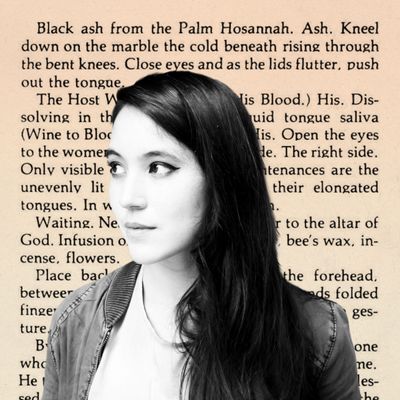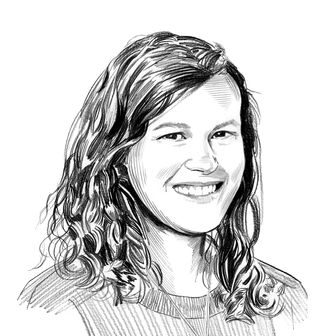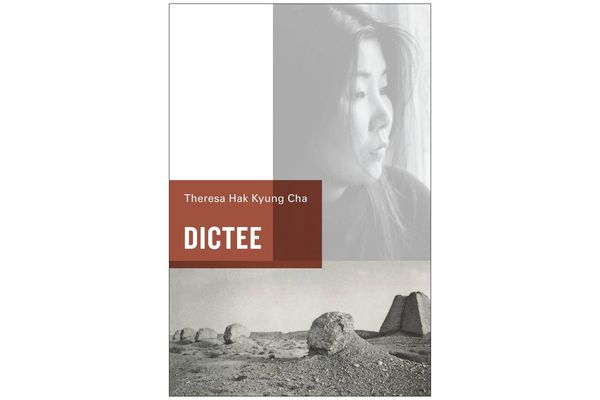
In Reading Women, the Cut talks to women who interest us about the books by women that transformed the way they think.
I first read Dictee by Theresa Hak Kyung Cha in my senior year of college for a class. It’s an experimental novel divided up into nine different sections, each one themed around a different Greek muse. It takes its name from the education exercise of dictée, where you copy down spoken language and try to transfer it faithfully and accurately into written form. What really blew me out of the water the first time I read it is how the book works within English to make you feel as though you are no longer fluent in the language you believed yourself fluent in. It re-creates the experience of being new to language and self-conscious about your ability to deconstruct the correct meanings and interpret it the correct way. It makes you feel like a non-native speaker, even if you are a native speaker. It’s a humbling book in that way. It awakens my senses. It makes my mind extra alert and extra attentive.
It also makes me think about the ways that language use is such a bodily act. It has so much to do with the sorts of techniques and education that you’ve taken into your body over the course of a whole life in that culture. It makes you think about the language abilities that reside in your body. It makes palpable the networks of techniques and practices that have helped shape you, and that have converged in the very natural sense of the way we talk and live and read and tell stories. You suddenly see a lot of pieces where there was once only a whole.







